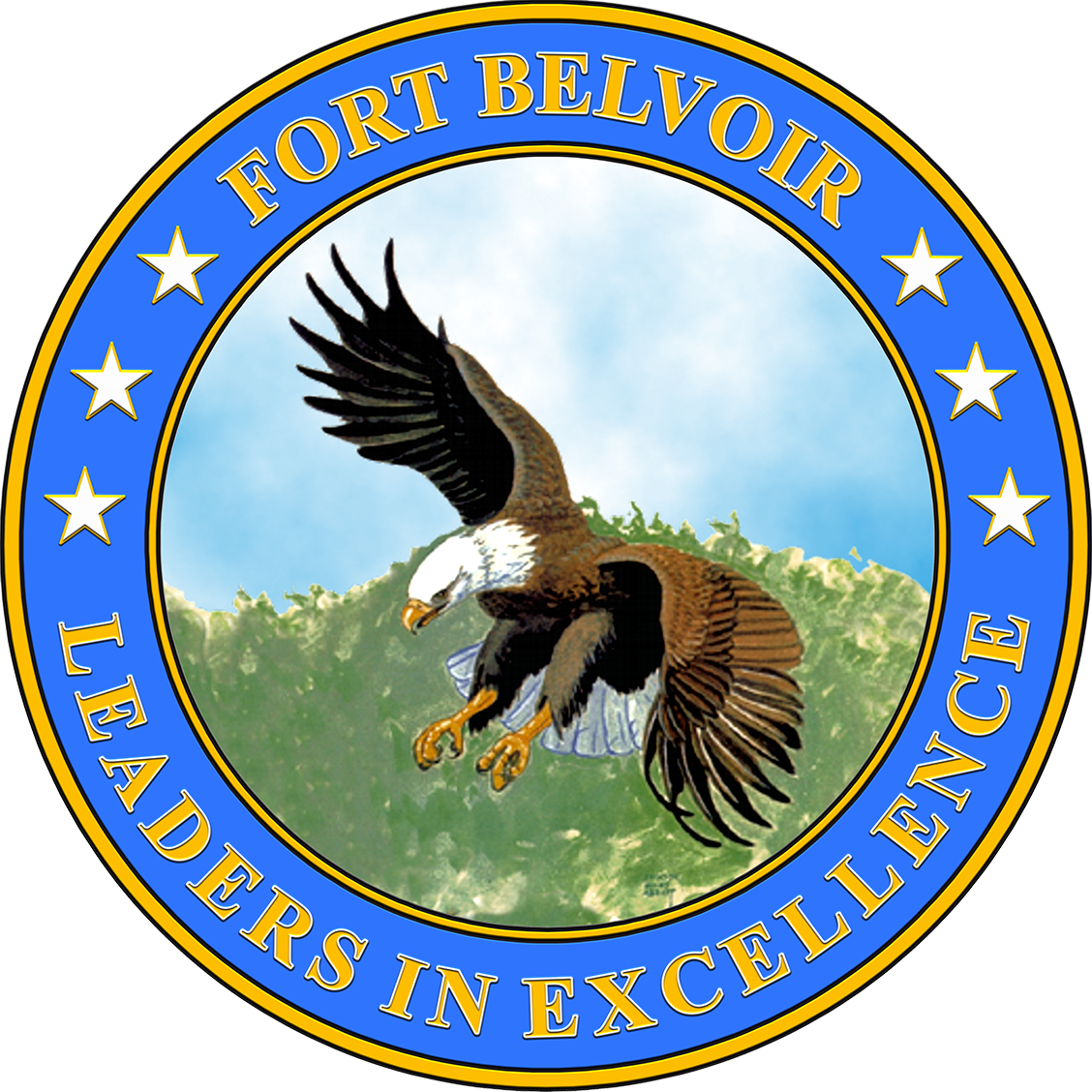Athletes on Team U.S. practice wheelchair rugby at Fort Belvoir.
Staff Sgt. Charles Plouffe
U.S. team trains for Invictus Games at Belvoir
More than 60 military athletes from around the nation gathered at Fort Belvoir for a week earlier this month to train in 10 adaptive sports events before flying to The Hague and competing in The Invictus Games April 16-22.
The games, involving 15 nations and 500 competitors, are in adaptive sports including wheelchair basketball, wheelchair rugby, sitting volleyball, rowing, powerlifting, track and field, archery, swimming and cycling.
Michael Grinston (right), sergeant major of the Army, speaks to Invictus competitor Russ Alewina during training camp at Fort Belvoir.
Paul Lara / InsideNoVa
Travis Claytor, director of communications for Team U.S., said some of the athletes have been preparing for the games for years. Many were part of the 2020 team, but the COVID-19 pandemic canceled that competition. “This is the first time the 61 athletes have come together in person in three years in preparation for this event,” Claytor said. Competitive service members use adaptive sports as rehabilitation after sustaining traumatic combat injuries.
A prosthetic leg sits in Fort Belvoir's Wells Field House during Invictus Games Team U.S. Training Camp. More than 60 military athletes from across the country are competing in The Netherlands against athletes from 14 other countries.
Paul Lara / InsideNoVa
“These are some of the most competitive individuals you’ve ever seen in your life. That competitive nature is what makes them great for the military as well; they take that nature with them. And that’s carried over as part of the transition for many of them, and part of their recovery process,” Claytor added.
Retired U.S. Marine Corps Corporal Kionte Storey practices his swimming start position during training at Fort Belvoir.
Pvt. Melissa Espinales
The athletes training at Belvoir included Ross Alewine of Williamson, S.C., who strapped a GPS tracker to his bicycle’s handlebars inside Wells Field House before joining teammates for practice outside. Alewine told InsideNoVa that he joined the Army, was hurt and then was medically retired. His last duty station was Fort Belvoir, where he learned about adaptive sports, which gave him purpose and community.
“Now that I’m out of the service, it’s about getting back together with your brothers and sisters and having that camaraderie and watching other people do great things,” Alewine said. And with a smile, he added, “And, let’s be honest, the competing part is not bad either.”
He said Invictus is much more intense than the other adaptive sports competition, the Warrior Games, which gave him a taste for winning.
Alewineheads to the Invictus games with plans to compete in swimming, cycling, rowing, powerlifting and track and field. He won Ultimate Champion in the Warrior games in 2018 and took third in 2019. “I guess you’d call it the Olympic biathlon. It keeps me busy, and there’s no downtime. It’s just wide-open and I like it.”
Michael Grinston, sergeant major of the Army, delivered a message to the athletes from Secretary of the Army Christine Wormuth and Gen. James McConville, Chief of Staff of the Army.
“The Chief of Staff has a little motto that says, ‘Winning matters.’ So, no pressure, OK?” Grinston said. At that point, one of the wheelchair basketball competitors shouted, “No one shows up to go for the silver!”
Grinston told InsideNoVa that he is almost star-struck among these intense athletes.
“I wanted to let them know how proud we are of them to come out and compete and what they’ve done for our country,” Grinston said. “Winning matters – just go over and win.”
Paul Lara
Inside NoVa





